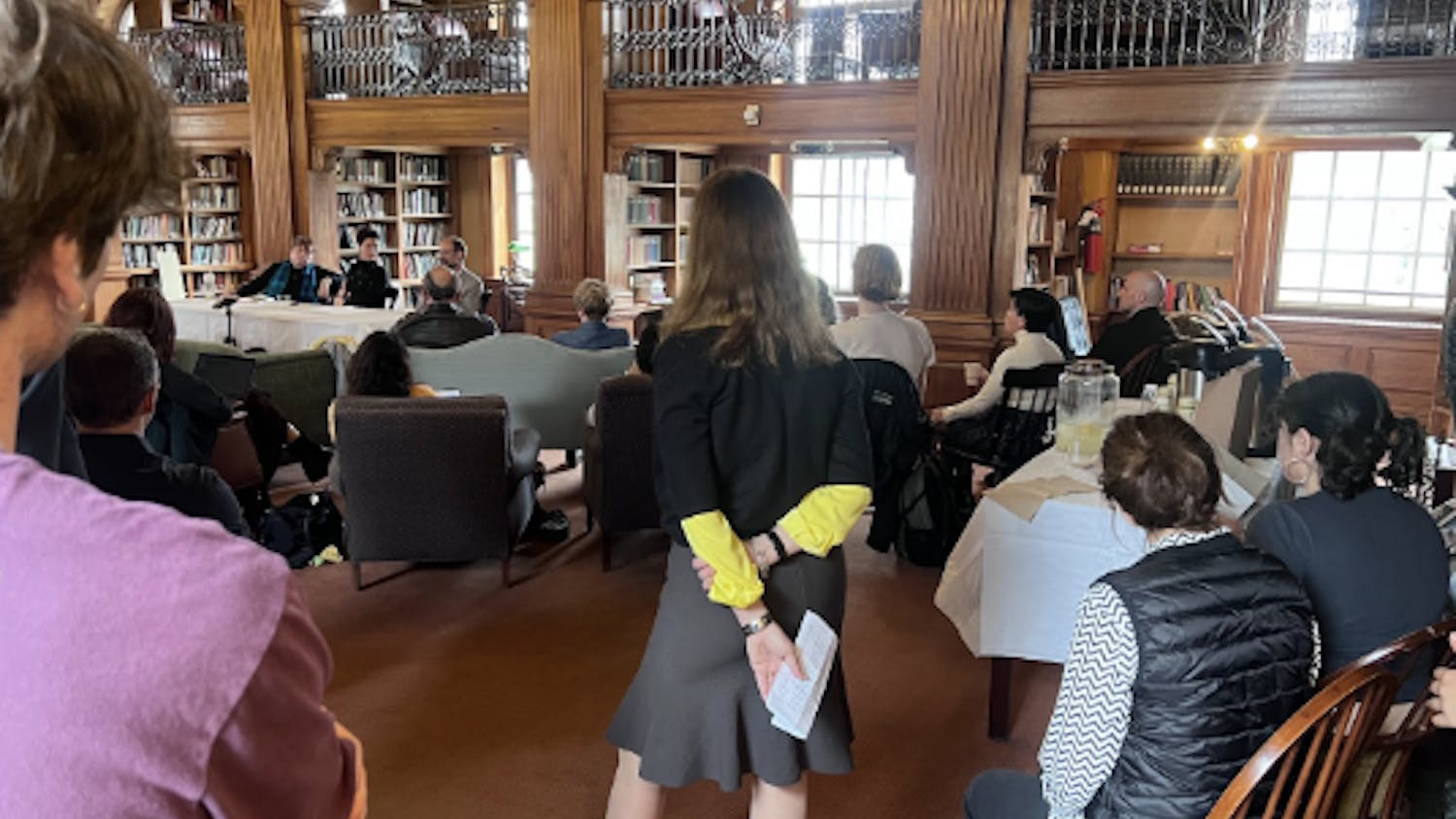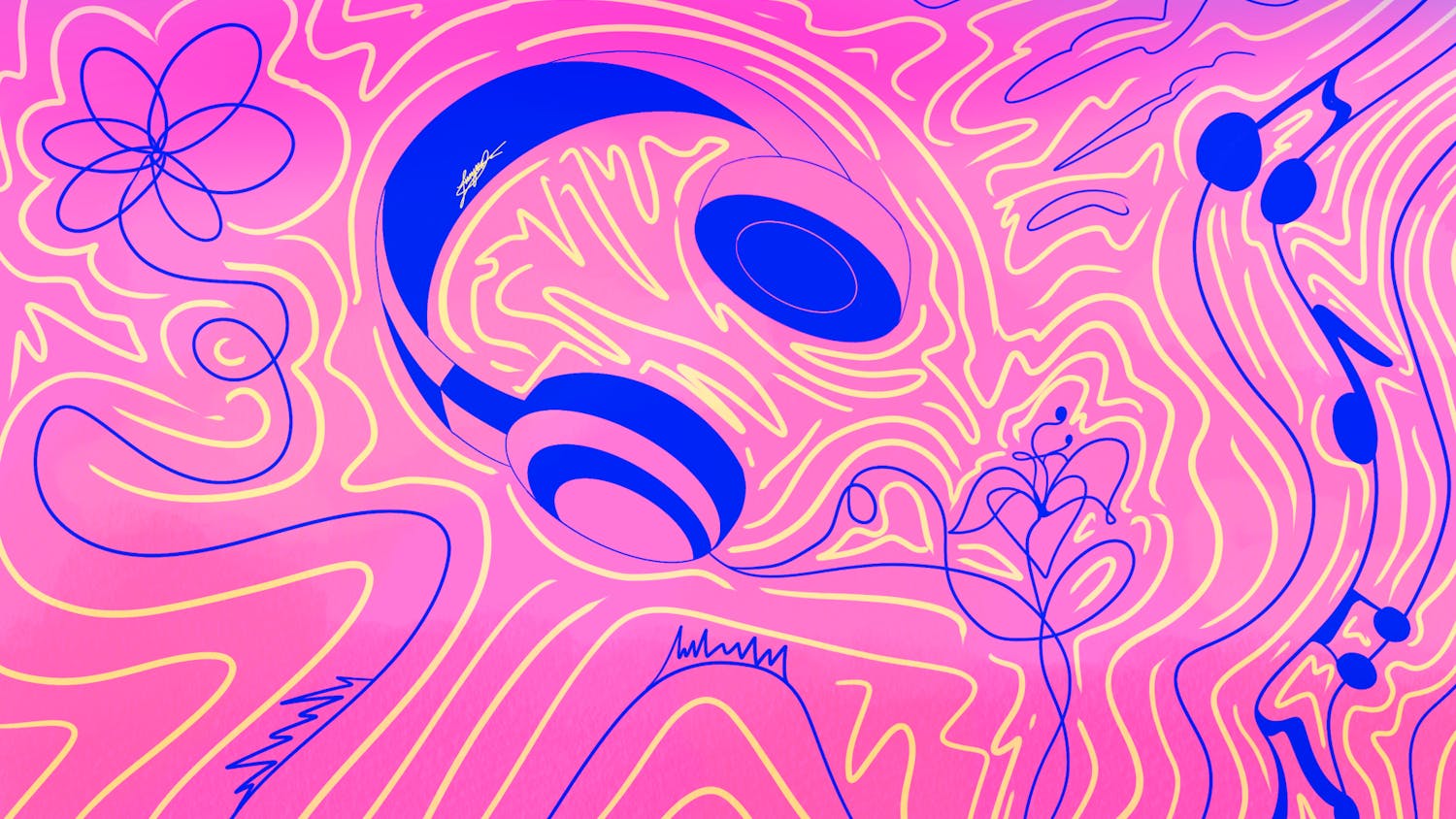For most people, the leap from anthropology major to circus clown might seem like a bit much, but for Steve Lough ’87, it made perfect sense. Lough spent over 10 years traveling the country as a professional circus clown with a variety of troupes, including the Ringling Bros.
What as your time at Dartmouth like?
SL: My older brother Mark was an ’81, so I had visited. I was all excited. I applied early and everything like that. If I didn’t get into Dartmouth, I didn’t have a ‘plan b’ or anything. I was very excited to go. ... I ended up majoring in anthropology just because it was the most interesting thing to me at the time, and still is. That’s how I decided to major in anthropology.
I was in Richardson [Hall]. I played freshman football. I had some back injuries and stuff, and it was a one-year deal. A bunch of my friends were rushing at [Chi Heorot fraternity]. I went with them. I hadn’t really rushed anywhere. I went with them and liked it. I joined up and was in Heorot. It was like sophomore year, junior year…I just kept going with anthropology. I almost did a double major with philosophy but decided against that. I did work studies all four years. I started doing work study in the theater department. That was great. I kept on with the [Hopkins Center] for the last couple years. I did Gospel Choir my senior year. Honestly, I was in the frat house until senior year. I moved out because worried that I needed to concentrate on studying a little bit more. I moved out with a bunch of friends to our own little house. It was wonderful. Boy, I tell you, you never realize how wonderful it is until you get out of there. When I was there, we had the big divestment from South Africa issue and The Dartmouth Review. Boy, I tell you, there was a bunch of animosity about that kind of stuff. It was a microcosm of the entire world. The Dartmouth Review is basically like the rest of the world with American politics. I loved it. I wish I would have been a little more disciplined, but I imagine everyone does.
How did you get involved with the circus?
SL: There was someone, sophomore year, Susan Merchant [’81] who had an application to clown college. She was juggling on the green. I met her. I got a clown college app from her. I called my mom and said I was going to quit college. My mom was not happy about that — she made a deal with me to keep on and finish. That ended up being great. I’m very happy about that. Senior year, I applied to clown college at the Ringling [Bayfront] Gardens. My friend drove me down to Boston. I auditioned. It was one of those things, I didn’t have a ‘plan b.’ I got into clown college near the end of the year. I was kinda sweating. Everyone else had offers and I was like oh boy. This is going to be interesting. I got into clown college and that’s what I wanted to do. I went to college in Venice, Florida. It was incredibly fun, but it was like a pressure cooker. It was six days a week — 8:30 warm-ups, hour break for lunch and dinner....I was in a trampoline act, from 8:30 in the morning to 10 at night. We were learning all the clown skills, like juggling, mime, unicycling, pie throwing, how to hit with a board, how to fall down and all the other acrobatic type things. And we’d watch films on circus history and various comedians and clowns and that kind of stuff. That’s what I did. I stayed that summer at Dartmouth at the Hopkins Center and worked there to save money for clown college and went to clown college in the fall.
Why did you want to be involved in the circus?
SL: I grew up in a very small town in South Carolina. It’s very famous for steeplechase horse racing. If you’re not involved in that, it’s just a small southern town. When I was 12, there was a parks program where I learned how to juggle. They were teaching everyone. Most of the other people just gave it up, but I kept practicing juggling. Steve Martin was famous and he did a three-ball routine. I was inspired by that. When I had been a child, I had seen the Ringling Brothers Circus. I remembered the animals and the clown, Lou Jacobs. I looked at those two things, with the wild animal trainer thing seemed to be a little scary for me, but the clown, Lou Jacobs — that seemed to be something I could do. Always in the back of my mind, I had the experience of the circus — the childhood memories. I learned how to juggle and got asked to perform at senior citizens places and the church. In high school, there was a beauty pageant and I was the entertainment for it. It was great. After I did that — I was a little shy — people would talk to me. I thought, ‘Man, this is kind of cool.’ This is a great way to come out of my shell and meet people, so I can entertain people. I’d always been interested in that — always had it in my mind. Freshman year, I was in the freshman cabaret. At that time, the freshmen got together and wrote a show for the parents. We did that and it was a great thing. I had the performing bug, and I met Sue Merchant and I just held onto that application until I graduated. That’s one of those lessons about life — you never know when lightning is going to strike and what’s going to be important to you.
What was your favorite thing about being in the circus?
SL: So many different things. Oh boy. We were talking about South Africa and the divestment thing. We went through all that and all the upheaval and everyone screaming at College. Clown college had a 10-week audition. We were not guaranteed a job. Five thousand people apply, 50 get in and only 11 or 12 of us got a job — a contract offer from the circus. I got a job offer for the Blue unit, [one of the circus tour groups]. One of the headlining acts was the Zulu dancers and acrobats from South Africa. You know, coming off the Dartmouth campus, where we had all this talking about South Africa and all that kind of stuff, and suddenly I got onto the circus and my coworkers are these guys from South Africa. ... That first year that I was there, we actually had two acts, Miguel Vazquez and the Caballeros — something brand new. During that year, it was the only time in circus history where you had two acts both doing the quad somersault. Ringling, at that time, would have two trapeze acts [touring] simultaneously. Both acts were attempting the quad somersault. There were several times they both would catch it. Miguel would catch it 90 percent of the time, the [Caballeros] 20 percent of the time. You can’t imagine what that was like. Both of those acts attempting the quad somersault and a handful of times both of them caught it. It was like the greatest thing in the world. We had those guys, the high wire act — the greatest high wire act in the world. It was just incredible. It was like living inside the encyclopedia. You had living people from everywhere in the world, all just hanging out together. Living on the train might have been the coolest thing about living on the circus. It’s difficult to narrow it down to one thing. Living on the train, it was like the United Nations if the United Nations had to put on a show. It was just wonderful. It was really great.



